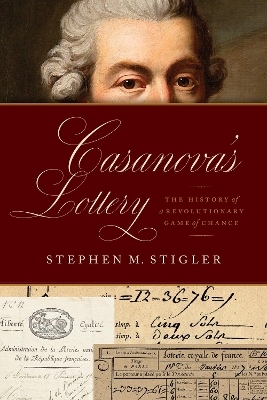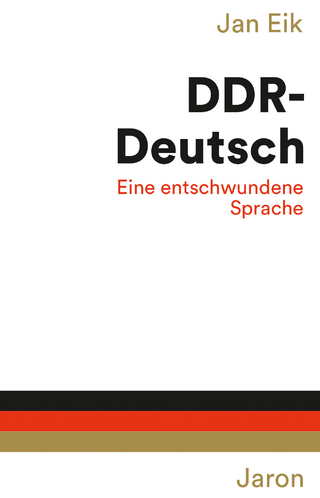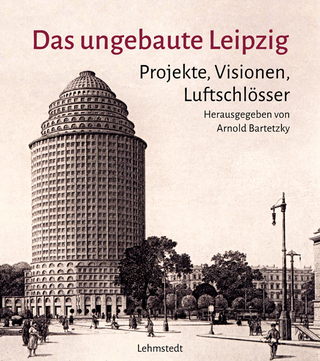
Casanova's Lottery
University of Chicago Press (Verlag)
978-0-226-82079-8 (ISBN)
In the 1750s, at the urging of famed adventurer Giacomo Casanova, the French state began to embrace risk in adopting a new Loterie. The prize amounts paid varied, depending on the number of tickets bought and the amount of the bet, as determined by each individual bettor. The state could lose money on any individual Loterie drawing while being statistically guaranteed to come out on top in the long run. In adopting this framework, the French state took on risk in a way no other has, before or after. At each drawing the state was at risk of losing a large amount; what is more, that risk was precisely calculable, generally well understood, and yet taken on by the state with little more than a mathematical theory to protect it.
Stephen M. Stigler follows the Loterie from its curious inception through its hiatus during the French Revolution, its renewal and expansion in 1797, and finally to its suppression in 1836, examining throughout the wider question of how members of the public came to trust in new financial technologies and believe in their value. Drawing from an extensive collection of rare ephemera, Stigler pieces together the Loterie’s remarkable inner workings, as well as its implications for the nature of risk and the role of lotteries in social life over the period 1700–1950.
Both a fun read and fodder for many fields, Casanova's Lottery shines new light on the conscious introduction of risk into the management of a nation-state and the rationality of playing unfair games.
Stephen M. Stigler is the Ernest DeWitt Burton Distinguished Service Professor in the Department of Statistics and the College at the University of Chicago. He is the author of several books, including The History of Statistics and The Seven Pillars of Statistical Wisdom.
Introduction
One
Casanova
Two
The Genoese Lottery
Three
The Establishment of the Loterie
Four
Problems and Adjustments in the Early Drawings
Five
Antoine Blanquet and the Great Expansion of 1776
Six
The Introduction of Bonus Numbers: Les Primes Gratuites
Seven
The Spread of the Loterie in Europe
Eight
Data Security: The Design of the Tickets
Nine
The Loterie and the Revolution
Ten
Was the Loterie Fair?
Eleven
Dreams and Astrology: The Bettors and the Loterie
Twelve
The Number 45 and the Maturity of Chances
Thirteen
How Much Did They Bet, and Where?
Fourteen
Muskets, Fine-Tuned Risk, and Voltaire
Fifteen
The Loterie in Textbooks and Manuals
Sixteen
The Suppression of the Loterie in 1836
Conclusion
Acknowledgments
Appendix 1. Probability
Appendix 2. Laplace’s Lottery Theorem
References
Index
| Erscheinungsdatum | 05.09.2022 |
|---|---|
| Zusatzinfo | 62 halftones, 22 tables |
| Sprache | englisch |
| Maße | 152 x 229 mm |
| Gewicht | 367 g |
| Themenwelt | Geisteswissenschaften ► Geschichte |
| ISBN-10 | 0-226-82079-3 / 0226820793 |
| ISBN-13 | 978-0-226-82079-8 / 9780226820798 |
| Zustand | Neuware |
| Haben Sie eine Frage zum Produkt? |
aus dem Bereich


